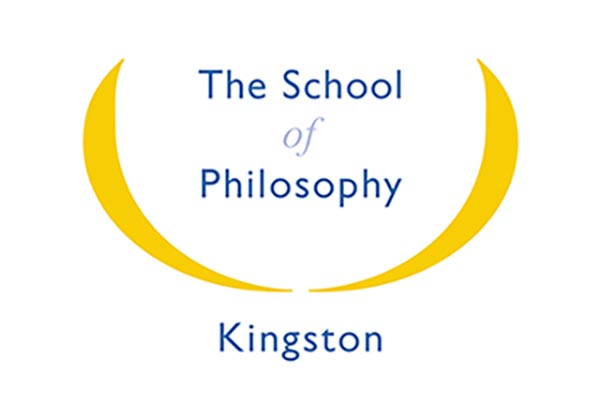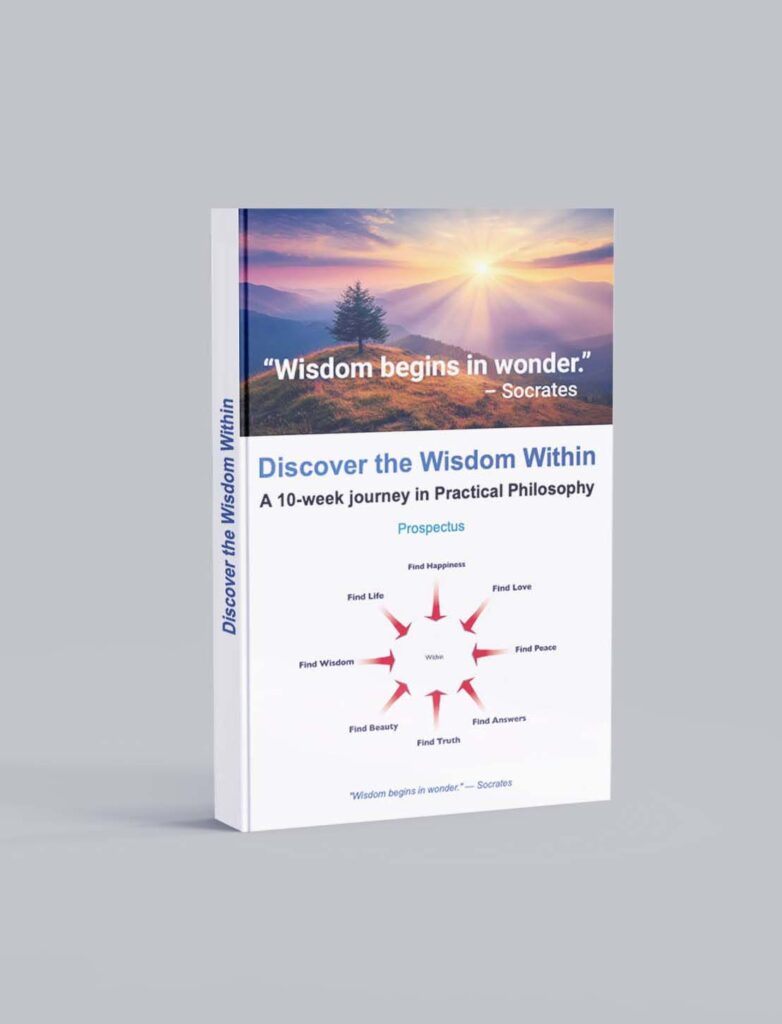Term Dates & FAQs
Term Dates
SPRING TERM 2026
- Introductory Courses start week beginning 26th January 2026
- Part 4 onwards start week beginning 12th January 2026
- No half-term break this term for any groups
- End of term Sunday 5th April 2026
SUMMER TERM 2026
- All groups start in the week beginning Monday 4th May 2026
- Half term break Mon 25th May – Sunday 31st May 2026 inclusive
- End of term Sunday 26th July 2026
AUTUMN TERM 2026
- Introductory Courses start week beginning 28th Sept 2026
- Part 4 onwards start in the week beginning 21st September 2026
- Half term break Mon 26th Oct – Sunday 1st Nov inclusive
- End of term Sunday 13th Dec 2026
Frequently asked questions
Click each of the questions to see the answers…
A tutor presents material, and leads a discussion on subjects relevant to everyone seeking wisdom and understanding of the human condition. Being practical rather than merely academic, the emphasis is on observation and knowledge realised by the student him or herself. Students are encouraged neither to accept nor to reject the ideas presented, but to test them in practice for themselves, in the light of their own experience.
In this way the week between classes becomes a learning opportunity. As the course continues, the most vivid and valuable part of the session is often sharing what has been observed by students in daily life in between each class. As in so much of life, you get out of it what you put in.
Our students come from around the world and represent a broad spectrum of people from all walks of life. This diversity holds true for all School locations.
Each evening is self-contained. We naturally encourage regular attendance as it is a continuing conversation week to week, but progress with the course does not necessarily depend on attendance every week. Each week we review students observations from their practice over the last week and at the end of the session we provide detailed hand-outs capturing the key points in the class. If you can’t attend it’s always appreciated by the other students if you can let us know in advance, by phone or email.
The course does not aim or claim to cover all the main philosophies or philosophers, past or present. Instead it draws on those we have found over many years of study and practice to be helpful in discovering true knowledge, greater happiness and a more conscious way of life. The course content draws on the world’s great teachings from both east and west, past and present, including Socrates, Plato, Confucius, Jesus, Buddha, Krishna, Epicurus, Emerson, Shankara, Vivekananda and many others. It also refers to contemporary philosophers including Sri Shantananda Saraswati and others.
You will probably want to tell friends and family about your experience on the course. Where possible, we recommend students speak from their own direct experience of what they have personally discovered, experienced or observed, rather than merely repeating what others have said. We do ask that students respect each other’s confidentiality by not discussing outside of the class any personal observations of fellow students.
No. This course concerns itself with philosophy and not religion and as such does not follow any particular religion and does not follow any religious dogma. Some on the course find that it clarifies and enhances their belief whatever their religion. The course does not exclude wisdom in any form providing it is understandable, practical and beneficial to humanity and the universe. It draws on the wisdom of great philosophers and also spiritual leaders. It is designed to be suitable for people of all faiths and those who follow no particular faith.
Course fees are kept to a practical minimum. They are used to cover our running costs, which mainly consist of rent, licences, advertising and printing. The UK School owns several buildings from which we run residential courses. Purchase of these buildings has been funded by voluntary donations and legacies over many years from students wishing to support the aims of the School and with sufficient means to contribute in that way.
Yes. If you would like to continue after the first term, we offer the option of paying by monthly standing order. Our students sometimes prefer easy payments by standing order – it leaves them in full control, as they are able to arrange it with their bank and stop it at any time having paid for the current term.
Click questions below…
You are naturally free to share your contact details with other members of the group if you wish. However, we are required to follow data protection law in respecting our students’ privacy by not sharing their names or contact details with anyone else including other students in their class.
The School has been around for over 80 years and, yes, like many organisations, it has been the subject of criticism in different places and at different times. Practices such as meditation haven’t always been as ‘mainstream’ as they are today and have in the past been viewed with some suspicion. In 1983, a book by two journalists alleged, among other things, that the School was a secretive, cult-like organization. Other allegations have been made from time to time.
Understandably, criticisms like this can be quite upsetting for our students. We would say first that they greatly misrepresent the aims and activities of the School, secondly that the School today has developed and adapted itself to modern times and is a different organisation than it was in the different era of the 1970s and 1980s. We acknowledged too that the criticisms 30 – 40 years ago served a useful purpose in alerting us to the need for openness and transparency and the need to provide more information about our courses and associated activities. That is one reason why this information is being offered. We also encourage students to give feedback so we can learn from any difficulties people have found. We make every effort to have open discussion and clear information, through our website and in forums which bring together other organisations sharing our interest in building a better, more harmonious world, with justice for all. We are a registered charity; we fully respect and comply with all the legal requirements of a charity including producing an annual report and accounts to the Charity Commission, and we provide public liability and employers’ liability insurance and comply with all the health and safety and data protection requirements expected of all organisations like ours.
We ask only that our students judge for themselves whether what they learn here is of use to them and possibly their family, friends and community. Experience has taught us how easily things can be misunderstood or misinterpreted, so do please speak to your tutor or indeed the principal of the school if you have any concerns or questions. We would really appreciate any opportunity to provide clarification and avoid misunderstandings.
All we would ask is that you give the course, the practices and your fellow students a reasonable chance and that you let your tutor know at an early stage if you are experiencing any difficulties. Of course, from time-to-time, someone may find the course is just not for them or a change in circumstances prevents them from attending. We have a no-quibble refund policy so up to your third week you can get a full refund. Thereafter refunds would be offered as appropriate in each case.
This is an ancient practice which gradually helps to bring about inner peace, harmony and clarity of mind and to release fine energy for practical use in daily life. It originates in a centuries-old tradition that arose in India and was adapted to be given to people in the West at the end of the 1950s. It is suitable for people of any age, disposition or background. In the early 1960s, contact was made with one of the great teachers in the tradition of meditation, who was then the Shankaracharya of northern India, Maharaja Shri Shantananda Saraswati, and he gave us a great deal of useful advice on the practice and his successor continues so to do. The simple awareness exercise introduced on the first day of the course, as well as being effective and helpful in its own right, is also a useful preparation for anyone wishing to meditate.
No. Meditation is not a religion and involves no set of beliefs or creeds – although meditation techniques are used by some religions. Many who practise meditation often find that with time it leads to a greater appreciation of the true, undifferentiated essence as expressed in the world’s great teachings, including religious teachings.
The effect of the proper practice of meditation may be seen in an increase of enthusiasm; greater efficiency in work; steadiness in thought and action; it seems to develop a certain strength of character; increased happiness, regardless of success or failure; greater wisdom in all aspects of life. The method of meditation is very powerful and effective. It is most effective when it becomes a regular part of life. As the practice deepens you gain greater insight into your self – not just your own individual personality, but the nature of being.
The mantra-based method of meditation is a fundamental part of the non-dual Advaita philosophy the school offers from Part 6 onwards. It is supported by tutorials, specific guidance and group discussion. Because this support relates specifically to mantra-based meditation, it would be impractical for people to be using a variety of methods. So, in the School we keep it simple and use one ‘tried and tested’ method of meditation only. This method is efficient, effective and fully compatible with our western lifestyle. However, whether you take up the practice or not is entirely a matter personal choice. Those who don’t wish to meditate or have a different method would not be able to follow the non-dual Advaita philosophy course but could continue studies in any of the various Horizons courses which the school offers.
The senior tutor in the School is currently Mr Donald Lambie, a qualified barrister.
The course is practical in the sense that it takes philosophical ideas and shows how they can be of direct use in our everyday lives. The intention is to stimulate enquiry and through this expand the way we look at the world and ourselves.
Online or by calling 0777 9036 111 during office hours.
If you register online, you will receive a confirmation email with your day of attendance. If you register by any means other than online, you will receive a receipt confirming your registration.
Yes, we also offer the course as an online course via Zoom, ask for details.
If you have any questions simply call us on 0777 9036 111 or by emailing PhilosophyKingston@fses.org
PARKING & TRAVEL INFORMATION
KINGSTON PARKING EVENINGS: FREE PARKING in Bentalls ‘B’ Car Park Steadfast Road, KT1 1TY Free after 6pm. [Not Car Park A as it closes early!] Also Free parking in Sainsburys, Sury Basin after 6.30pm. Free parking in Seven Kings Car Park, Skerne Rd, KT2 5AD after 6pm.
Kingston Quaker Centre Parking: Parking in KQC for disabled only. Others should park in Fairfield South or adjacent roads as yellow lines are available for parking after 6.30pm then walk on the well-lit short path across the field to Fairfield East.
KINGSTON PARKING MORNINGS: Unrestricted parking in Zone ‘G’ ie Grove Lane and Portland Rd area behind the University. Or at Seven Kings Car Park Skerne Rd KT2 5AD (cheapest) (10 minute walk) or Eden Walk Car Park which costs more.
BUSES to Eden Street: 65,71,85, 371,406,418,465,965,K1,K5,K4.
Buses to Cromwell Road: 213,K2,K3,X26.
RICHMOND PARKING: –
Friars Lane Car Park (Free after 6.30pm), TW9 1NL or alternatively park in street.
Buses to Richmond: 33,65,371,490,493,969,H22,H37,N22,R68,R70.
What some of our students say...






